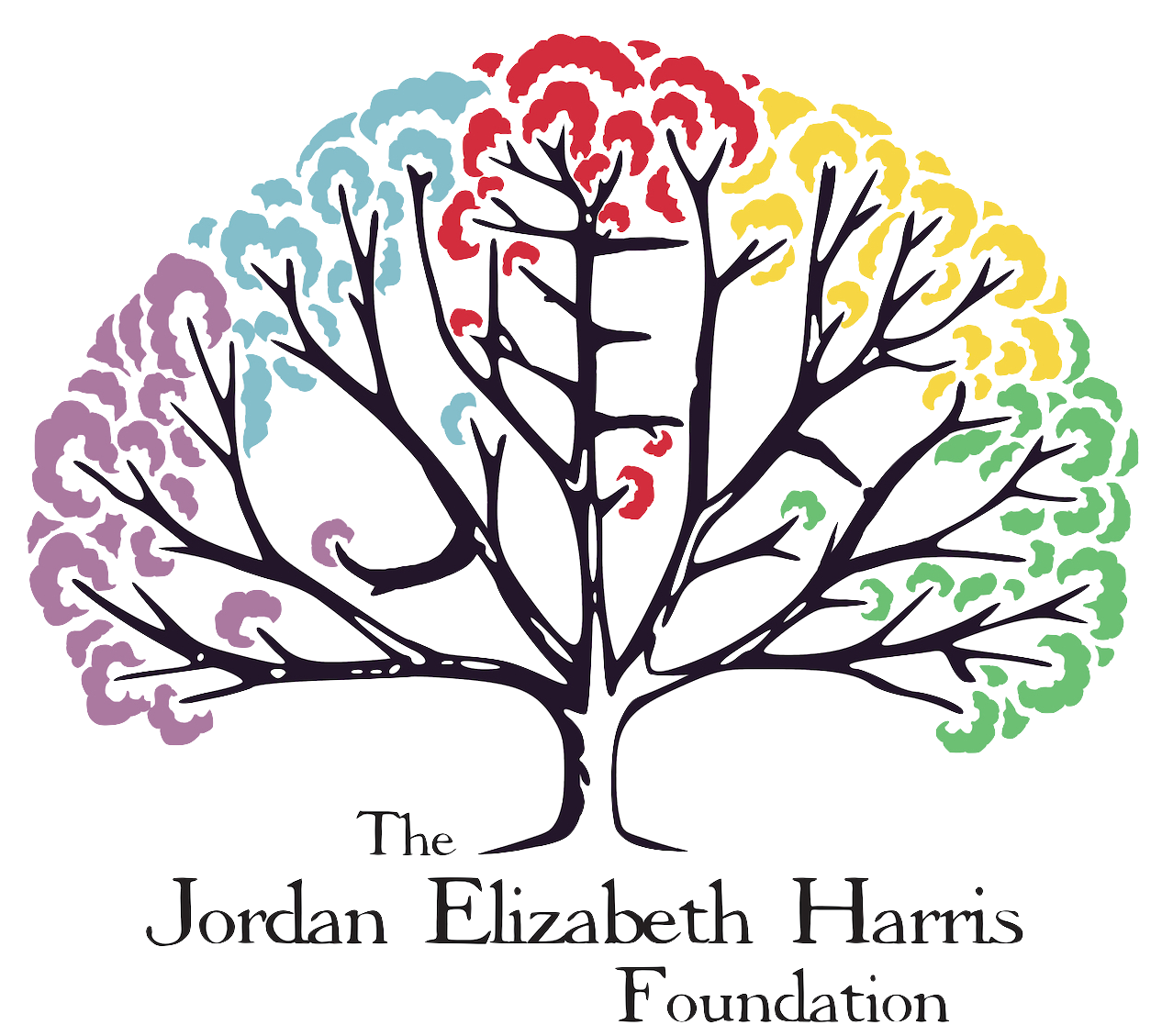As The Jordan Elizabeth Harris Foundation winds down 2021 and prepares for the new year, we want to reflect on the things we are most grateful for and for the things we are preparing for in 2022. One of the accomplishments we are most grateful for was the ability to serve 73 schools this year and approximately 70,000 students. Additionally, we are grateful that the Foundation will be serving 88 schools at the beginning of the new year and then increasing that number to 100 schools by the end of 2022. The generosity of our supporters and the communities in which we serve has widened and deepened our collective gratitude pools.
Helping others to help themselves, as well as their co-workers, neighbors, friends, family, teachers, first responders, clergy, community leaders, and anyone else willing to spend an hour or so out of their day with us, to provide QPR gatekeeper training to them is integral to our mission. QPR stands for Question, Persuade, and Refer and is suicide prevention training designed to give people the confidence and competence to help someone at risk for suicide. We are grateful to have been able to do that this year in our Hope Squad schools and with QPR and Let’s Taco ‘Bout QPR trainings.
The addition of a new Bilingual Program Coordinator has allowed us to reach our Spanish speaking students and community with services and trainings. We are excited to expand these services in 2022.
Gratitude truly is an attitude. When one chooses to change a negative thought into a grateful one, the brain believes it. When we act in a grateful manner, we not only help to raise others’ up, but we also lift ourselves up. In many Hope Squad schools The JEHF serves, students create Gratitude Walls. These walls are made up of sticky notes with optimistic messages, and positive and hopeful thoughts. They are simple in design but are profound when all placed together on one wall or table for the entire student body, teachers, and staff to see and read. The collective sticky notes represent the individual thoughts of the students and are displayed as one cohesive thought. Getting to know fellow classmates with similar intentions of gratitude spreads a sense of community among the students who observe the collection as it grows.
There are also actual studies that prove when one writes gratitude letters that they change the part of the brain that processes emotions. The writing practice also helps unshackle toxic beliefs that someone has held for a long time. As the study progressed, subjects had improved overall physical and mental health. One such study at the University of California-Berkeley showed that when people felt more grateful, their brain activity was distinct from brain activity related to guilt and the desire to help a cause. More specifically the study revealed that when people felt more grateful, they donated more time and monetary support to causes. They also showed greater neural sensitivity in the medial prefrontal cortex, a brain area associated with learning and decision making. This suggests that people who are more grateful are also more attentive to how they express gratitude.
Most interestingly, when compared to those who wrote the gratitude letters with those who did not, the gratitude letter writers showed greater activation in the medial prefrontal cortex when they experienced gratitude in the fMRI scanner. This is striking as this effect was found three months after the letter writing began. This indicates that simply expressing gratitude may have lasting effects on the brain. While not conclusive, this finding suggests that practicing gratitude may help train the brain to be more sensitive to the experience of gratitude down the line, and this could contribute to improved mental health over time.
Though these are just the first steps in what should be a longer research journey, research so far not only suggests that writing gratitude letters and expressing gratefulness may be helpful, and it explains what is behind gratitude’s psychological benefits. At a time when people may feel their mental health is not the strongest, practicing gratitude writing may be an effective and beneficial tool.
Whatever it is that helps one feel better that is healthy and productive, it is always a promising idea to practice. Expressing gratitude and feeling positive emotions helps strengthen mental health. We are incredibly grateful here at The Jordan Elizabeth Harris Foundation for all our supporters, volunteers, staff, board of directors, Hope Squad students, and trainees. Wishing you all well wishes in the New Year and thank you for all you have done in 2021!



